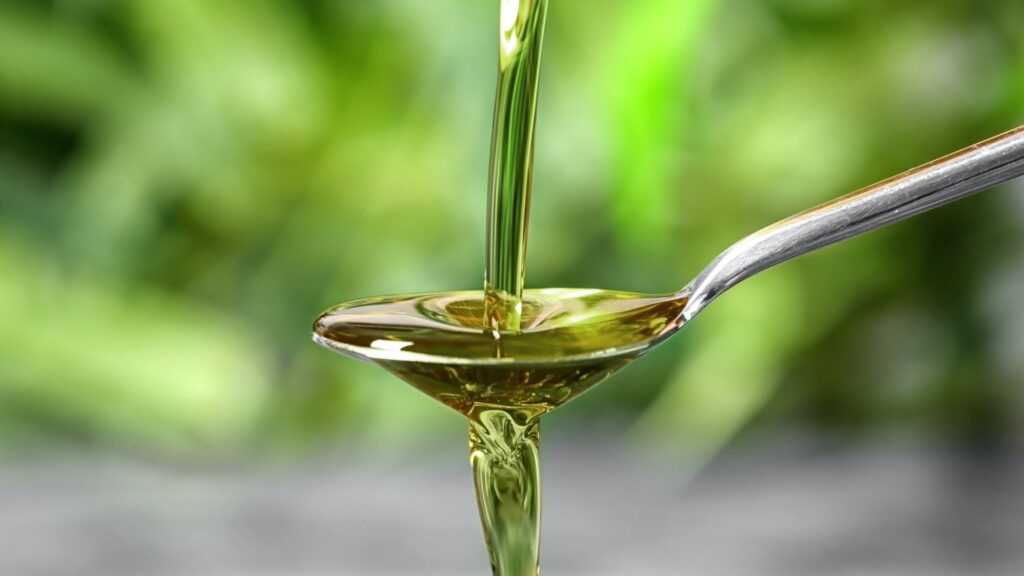What Is CBG – And How Is It Different From CBD?

Could CBG Be the New CBD?
If you use cannabis, you’ve likely heard the terms “THC,” “CBD,” and “cannabinoids.” If not, then here’s a refresher on those terms.
Cannabinoids are chemical compounds found in the cannabis Sativa plant. There are over 100 cannabinoids in cannabis and 500 other components in the plant – but you’re probably most familiar with THC and CBD.
THC – short for tetrahydrocannabinol – is essentially what gets you high. THC latches onto molecules called cannabinoid receptors, which ultimately alters your brain activity, producing the high.
Meanwhile, CBD – short for cannabidiol – has seen a recent boost in research and public interest. Derived from hemp, CBD is believed to have plenty of health benefits.
Until now, these two compounds have been the center of attention in the world of cannabis. Now, a new challenger has stepped up: CBG.
What is CBG?
CBG is short for cannabigerol, and ‘cannabisseurs’ believe it has the potential to turn the cannabis industry upside down.
CBG and CBD may sound similar from their three-letter codes, but they’re actually vastly different. CBG is a scarcely found compound, and it acts as a precursor to other compounds. That means that CBG has an internal enzymatic reaction within cannabis, and that reaction produces cannabinoids like CBD and THC.
Now, here’s what CBG actually does. There’s limited research on the precursor compound, but one study suggests that it helps combat the negative effects of colitis, neurodegeneration, cancer, glaucoma, and inflammation. There’s more – it shows potential for muscle relaxation, tension relief, and antibacterial properties. Another study suggests CBG could help with inflammatory bowel disease, Crohn’s disease, multiple sclerosis, Parkinson’s disease, and Huntington’s disease.
Of course, this is all early research. It’s too early to accept the suggestions from these studies as solidified facts. Many effects people have found with CBD can only be taken with a grain of salt, as they tend to come from consumer-based anecdotes. We’ll have to be patient as more research unfolds.
Is There A Market For CBG?
As with CBD, plenty of innovative companies are launching CBG-based products. These are most often concentrates and oils. Much tougher to produce is a cannabinoid-specific flower, which few brands have had luck producing.
Botany Farms is one example. Their CBG-based bud aims to offer the rumored benefits of CBG while axing the sometimes-undesired effects of THC.
It wouldn’t be surprising to see more CBG products take over the cannabis market. After all, CBG is the precursor to other cannabinoids, and product marketers will likely have success equating that aspect to the wave of “natural” products that win over consumers with ease.
Blunt
As we continue to see the cannabis industry unfold and take flight before us, we strive to become the leading global provider of real-time, high-impact multimedia news, information, and entertainment. With our vast network of millions of users, including major influencers in the cannabis industry, we continue to deliver relevant, quality content to help educate and inform.
